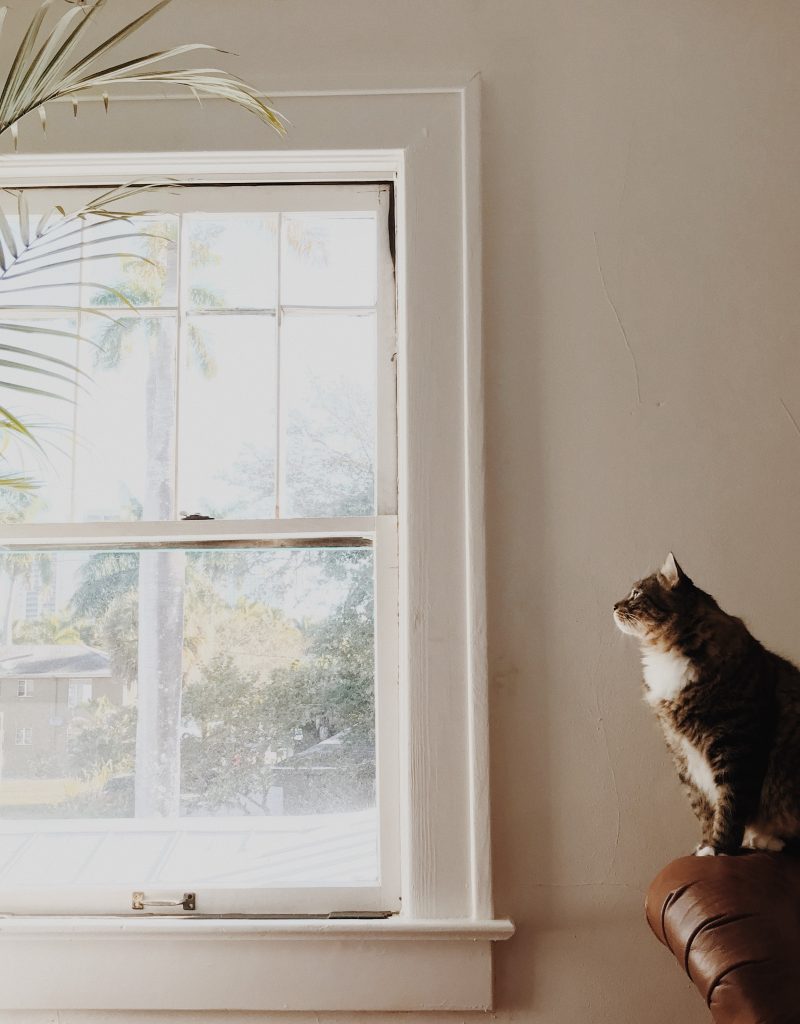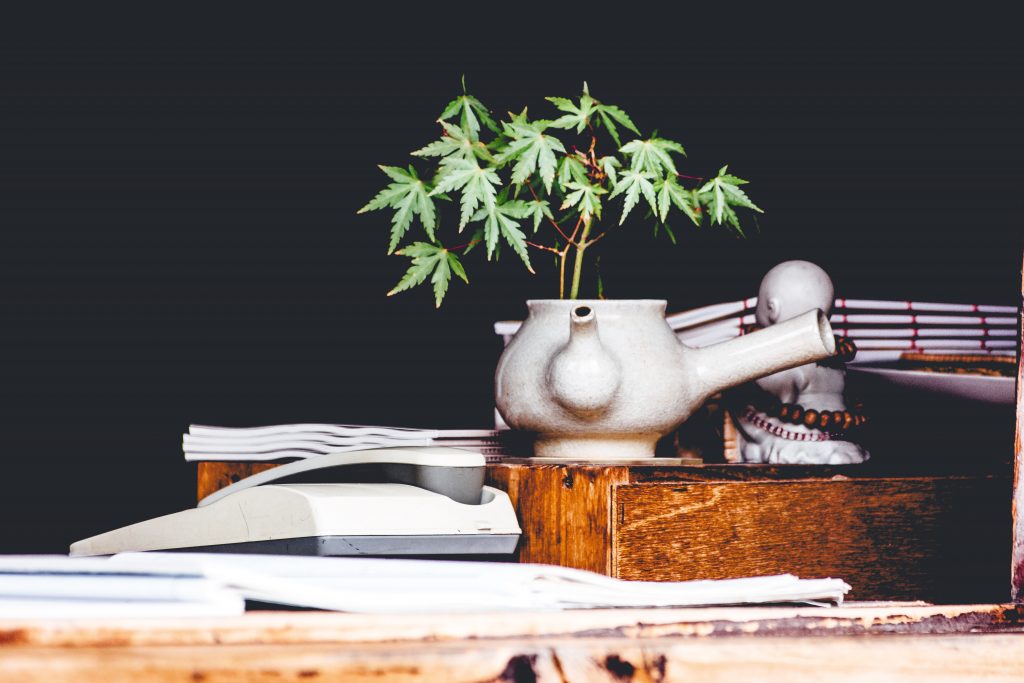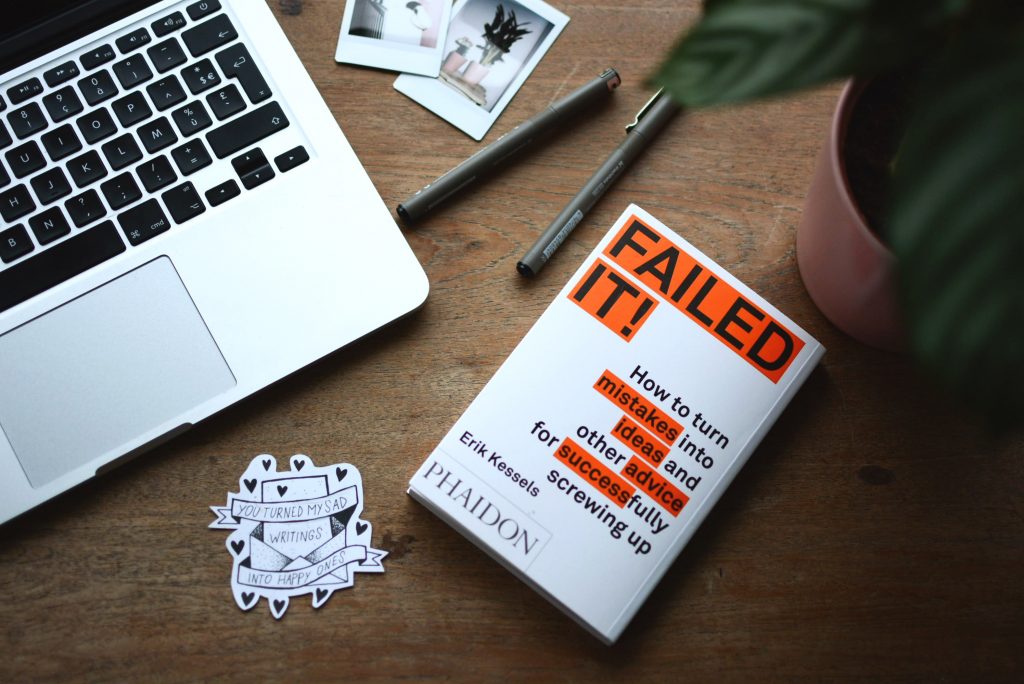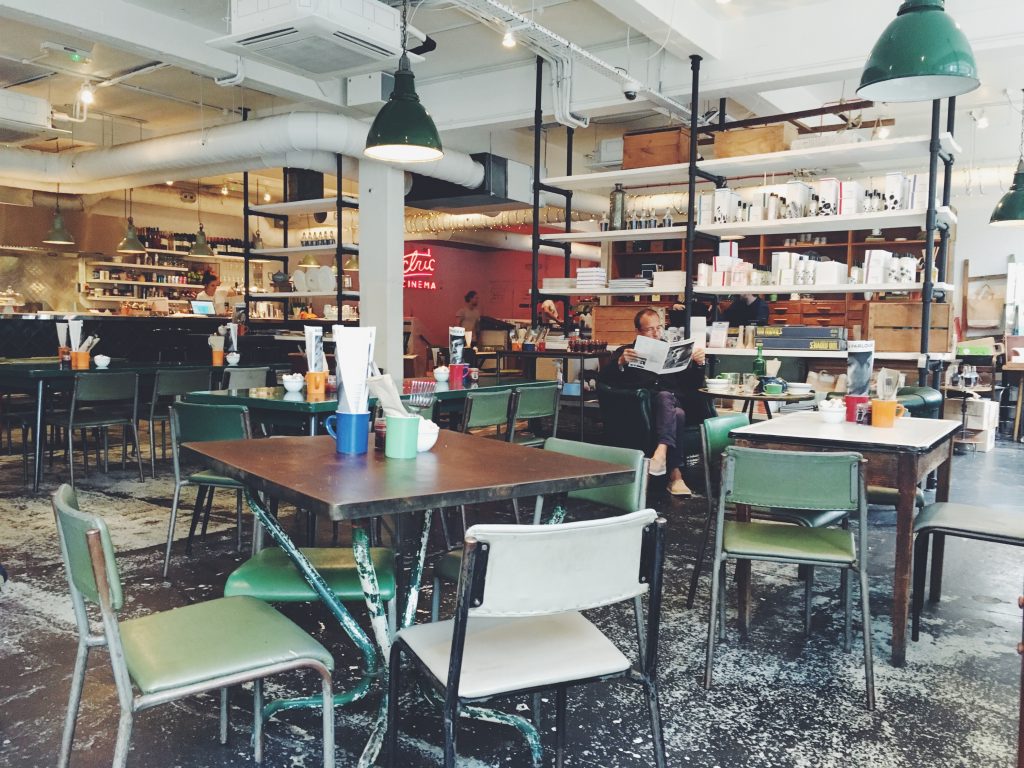
Now seems a really good time for us to reassess. We’re gradually coming out of the pandemic enforced lockdown. We’ve hit a sort of reset. And now we have an opportunity to reconsider how we want to live our day-to-day lives.
I’ve been thinking about this for a while now, as I suppose lots of us have. What do I want to go back to? Do I want to fall back into my old life exactly as it was, or a slightly different version?
Sometimes when I think back to how I used to try and ram stuff in, I almost feel breathless. It seems my stamina for doing so much has taken a hit.
At weekends, typically, I’d want a nice slow lazy morning reading in bed. A proper rest. But I’d also have this mental checklist of all the things I need to get done, right now. Clean the flat, buy food, wash hair, sort something out online. And I’d have arranged to meet a friend for coffee. And maybe another friend later on. Perhaps I’d have invited friends over for dinner. And straight off I’d be feeling stressed.
What kind of ridiculous is that? To have the luxury to do anything, or pretty much nothing, and still feel stressed. How did I manage to arrange my weekends so that I’d be feeling so hurried first thing, just getting started with the day?
Not doing much at all
It’s amazing to have lots of friends to make plans with and see, and fun things to do. But maybe, when it comes to planning and agreeing to things, I need to reassess, and be a little more aware of how I actually like to spend my time.
I’ve come to realise that at weekends I really like to not do much at all, just generally potter about. During the quarantine I’ve enjoyed not planning (not that there was any choice in the matter) and just seeing what I’ve felt like doing. Which has basically amounted to cooking, cleaning, playing board games whilst listening to music, reading, maybe a video call. In the evening nothing simpler than cooking up a feast and watching a film.
Back in the ‘new normal’, seeing friends at some point would also be nice. And going for a walk. All ideally later in the day.
But this period of quarantine has reminded me that I actually appreciate being at home more. I’m enjoying not constantly running around trying to do everything. Social pressures have fallen away. Gone is the dilemma of being invited to do something and feeling obligated versus wanting to do that thing.
So do I want to dedicate any more time to agonising over social invitations? Or can I accept that it’s ok to turn things down. Do I want to book up my days and weekends with ‘stuff’ leaving no real free time? Do I want to keep planning weekends in advance leaving no room for spontaneity?
It’s going to be brilliant when we again have total freedom, choices, and can see friends and family as and when we’d like. We’re all longing for that. But also the slowness and simplicity I’ve experienced is something I’d like to hold on to.
If you’d like to sign up for a career change coaching session, you can do so here on LinkedIn. Or email me at joaopoku@gmail.com.
Written during Writers’ Hour. Join me on the next one.
Photo by Stephanie Harvey on Unsplash




